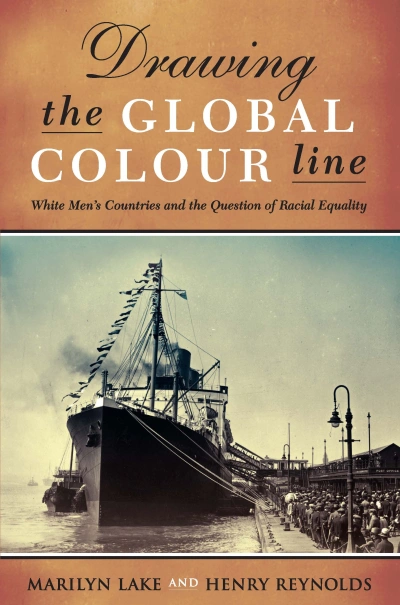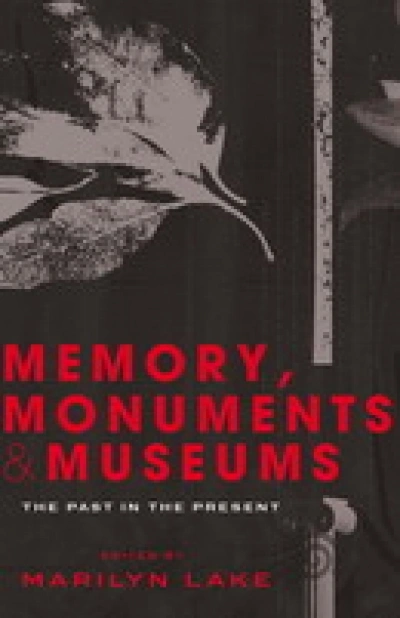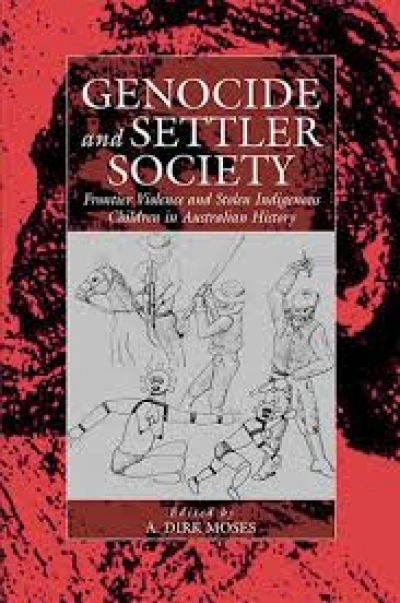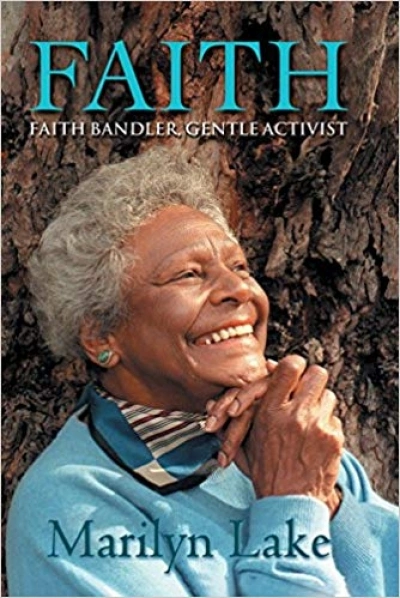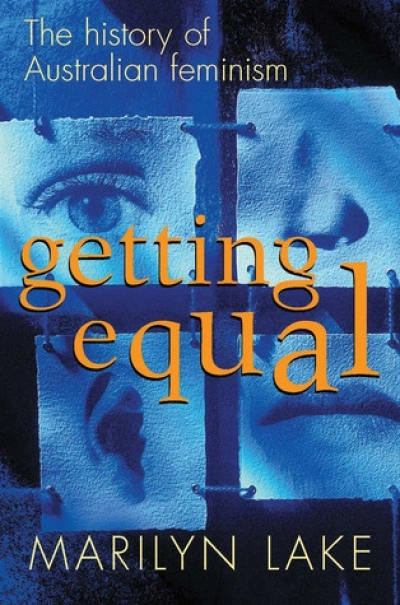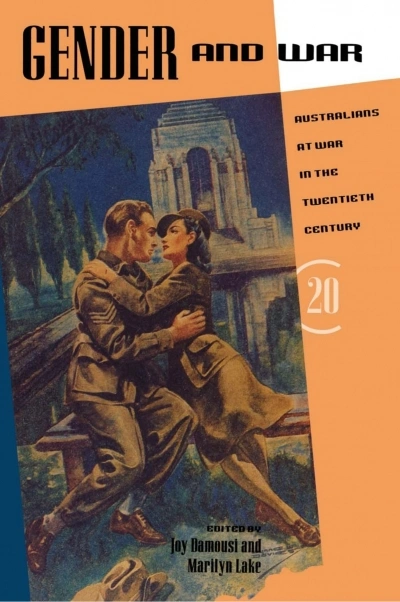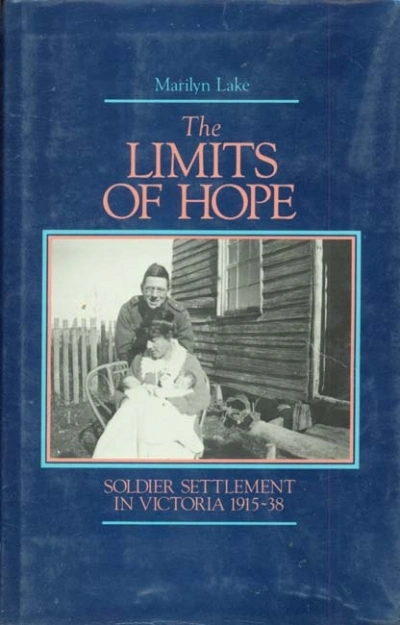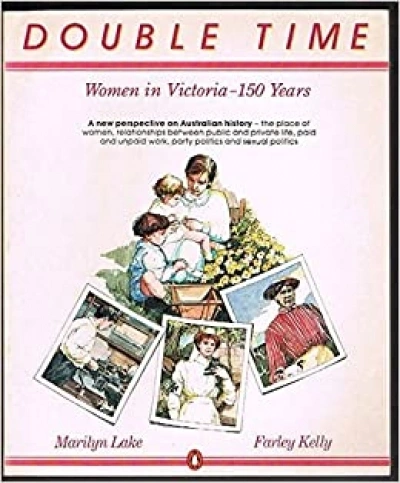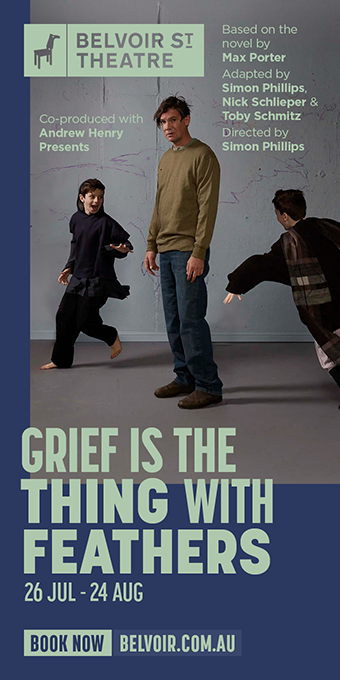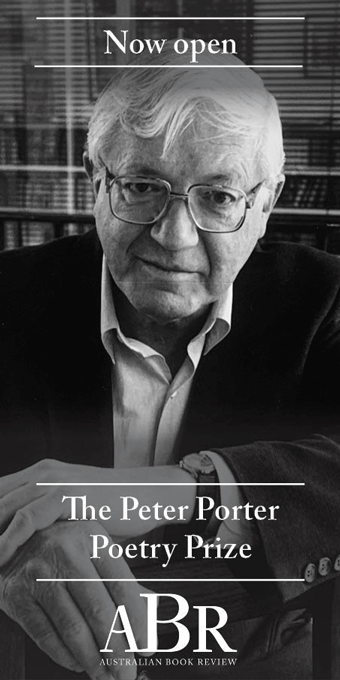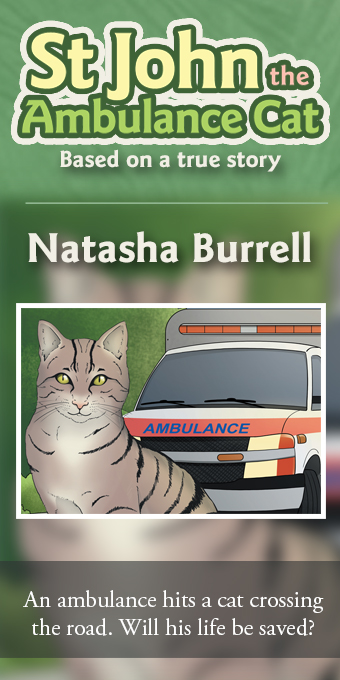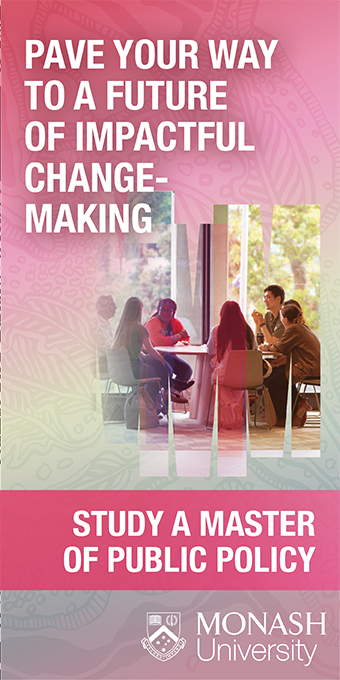Marilyn Lake
Drawing the Global Colour line: White men’s countries and the question of racial equality by Marilyn Lake and Henry Reynolds
by Warwick Anderson •
Memory, Monuments And Museums: The past in the present edited by Marilyn Lake
by Paul Brunton •
Genocide and Settler Society: Frontier violence and stolen Indigenous children in Australian history edited by A. Dirk Moses
by Marilyn Lake •
Getting Equal: The history of Australian feminism by Marilyn Lake
by Jenna Mead •
Gender and War: Australians at war in the twentieth century edited by Marilyn Lake and Joy Damousi
by Jeff Grey •
The Limits of Hope: Soldier settlement in Victoria 1915–1938 by Marilyn Lake
by Jill Roe •
Double Time: Women in Victoria – 150 Years edited by Marilyn Lake and Farley Kelly
by Kate Ahearne •


